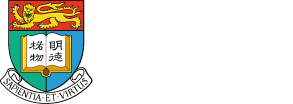
Peter Ngan

Student Story
Like many other HKU Part-time alumni, Peter Ngan (Class of 2017) aimed to gain practical knowledge of his work industry upon joining the programme. With an engineering bachelor degree, Peter had been working in the finance industry for over a decade and thought it was time for him to gain more practical finance knowledge to enhance his job. What he did not expect was for the HKU MBA to become an eye opener and deliver so much more. Let’s go find out more about Peter’s HKU MBA journey.
Reason of joining HKU MBA
My initial reason for taking up an MBA was to consolidate my academic knowledge, as my first degree was a technical degree in engineering. However, after my bachelor degree, I joined the finance industry. I was therefore aiming to formalise and broaden my industry knowledge by pursuing an MBA.
Aside from gaining practical finance knowledge, HKU’s reputation was definitely a strong drive for me to join the programme. It has an interesting history and strong connections within the region, which provided a deep local and Chinese network that I had been looking for. Last but not least, my father completed his bachelor degree at HKU back in the 80s, so the familiarity of the university was also one of my key reasons for choosing the school.
Overall experience of HKU
HKU’s MBA programme exceeded my expectations. Like I said, I was looking to gain practical knowledge of finance when I first joined the programme. The network of students and professors was not something that came to mind when choosing the programme. The age of HKU MBA students ranges from 25 to 35 and they are mostly in mid-level positions, which is not a network that I thought I could monetise immediately. However, the people I met went beyond immediate realisation of any sort of economic benefits. Meeting other students really allowed me to broaden my perspective of what I could do within my community.
When I first joined the programme, I was an engineering graduate academic trainee and I had been in finance for my whole career from 2005. I was aware of what was going on elsewhere on a superficial basis, but my two years on the MBA programme allowed me to gain a much more realistic grasp outside my own industry focus. This is a huge take away in terms of where we stand today in globalisation. A lot of the time my job involves working across various geographies and across different industries. The HKU MBA programme with its non-selective nature in terms of academic requirements allows you to meet these sorts of people.
A lot of graduates are at a level where it’s very hands on in their specialised role, within their respective industries, and they have a radical understanding of the industry. The industry knowledge they have can sometimes be a lot more in-depth than senior management, who might look at the industry at a strategic level. This cross industry knowledge that I gained was a huge take away that I never thought of when joining the programme.
Highlights of the programme
For me, Business Lab was definitely one of the highlights of the programme. The course is a key differentiator from the other common courses in MBA programmes. It exposed me to a segment that kept some interest in running a start-up at the back of my mind. We were being taught how to look outside the box in terms of what we can do for start-ups, and this interest of start-ups has led me to make connections with different organisations, such as HKU iDENDRONE and Cyberport. I got to understand the incubator set up and infrastructure that they have for supporting these types of business models.
The information that Business Lab provided is an insight, not just for students, but also for Hong Kong as an international city to look at as one of its pillars of growth.
The difference between HKU MBA and other MBAs
China’s economy has been growing at a staggering pace. It might capture the economic size of the US in the coming 5 to 10 years. Global economy development will be driven primarily by China and Asia. HKU’s MBA is a programme that is tailored around China and Asia, regardless of its governance, regulatory requirements, actual case studies, interpretation of business law and contracts and actual field physics etc. I know the HKU faculty focuses mainly on Chinese companies, for example, a lot of our professors have strong connections with China and Asia, as well as Chinese corporates. For instance with accounting standards, it is easy to look at it from a textbook perspective, but how does that tie up with an actual company in China? Which area needs specific attention? Without the assumption of soft factors, just case studies around the financial or statement of Chinese companies etc. All of this allowed me to develop a better grasp of how everything is applied to the market in China and throughout Asia. Theoretical knowledge would be similar in all MBA programmes, but the application side would be a lot more focused on China and Asia with the HKU MBA.
Last but not least, as previously mentioned, the HKU Faculty is close to various Chinese companies which make it easier for students to connect with the companies.
The benefits I gained from HKU MBA and how it applies on my career
What benefited me most from the HKU MBA that can now be applied to my job is the extensive alumni network. I attended most of the networking drinks events, student and alumni talks, guest speaker talks and other social events hosted by the MBA office, or within our alumni circle. It was enjoyable and I quickly expanded my network. Moreover, HKU MBA’s electives closely follow trends, such as FinTech, which is relatable to my job. This allowed me to enhance my knowledge in this area.
Insights of Banking Industry
Since I have been working in the banking Industry for quite some time, my suggestion to those who would like to join the industry is to ‘keep an open mind.’ The world changes rapidly, as does the banking industry. For example, the ever-changing electronic trading of FinTech companies. Virtual banks will replace physical banks in the next few decades, as banks are now using virtual banks to deliver and improve customer experience. Therefore, always look beyond and think outside the box. Nowadays, technology is merging with the banking industry, such as Alipay. This trend will become more common in the future.
Advice to HKU MBA aspirants
Time management is important. Doing a Part-time MBA while working full-time is tough. However, you should try to define an achievable objective. The MBA is a platform that provides people with the means to achieve their objective, but first, you need to have discipline and a clear mind-set of your goal. Some people might even need to consider family factors. I was expecting to be a father when I did my MBA. It was not easy at all, but it is all worth it. So, be yourself and be bold. You will smile at your achievement when it all comes to the end.
Industry: Banking
Company: ANZ
Job Title: Director









